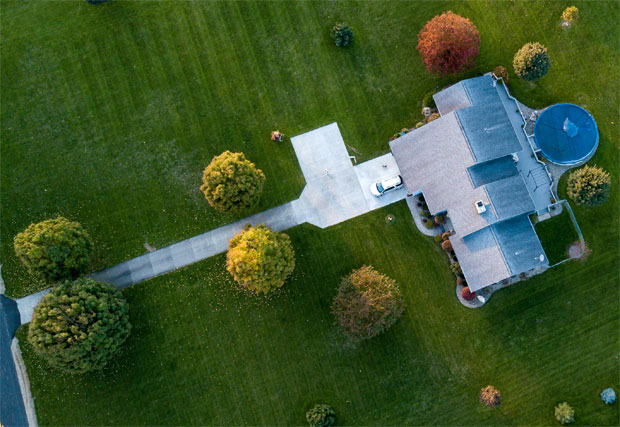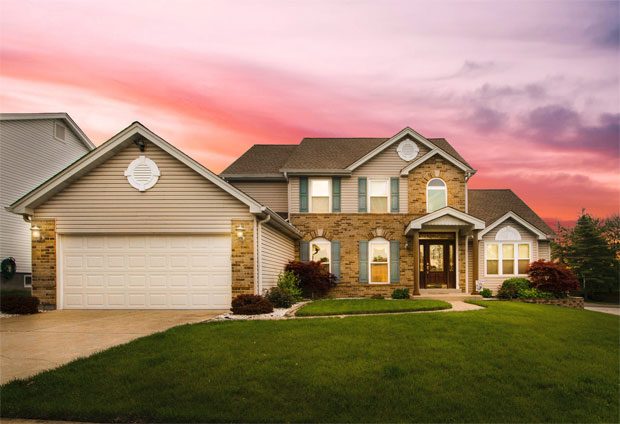Resin Bound Or Resin Bonded For Driveways – What You Need to Know

Resin Bound Or Resin Bonded For Driveways – What You Need to Know
If you are looking to create a new driveway for your home, you have probably been looking into what options there are for materials for driveways. There are many materials to choose from, including resin options. You might have come across the terms resin bound and resin bonded when looking into this topic. These two options have very similar names but they are actually very different. In this article we will look into whether resin bound or resin bonded is the best choice for your driveway.

Resin Bound or Resin Bonded – A Comparison
What’s the difference between resin bound and resin bonded? Resin For Driveways can be an excellent choice but it’s important to understand the difference between different resin options before making your final decision. Let’s explore the differences between resin bound and resin bonded to help you make the best choice for your driveway.
Resin bound and resin bonded systems are completely different driveway surfacing systems. They do have a few things in common though – they both use resin and aggregates to form fixed surfaces. They are also both slip-resistant, weed-resistant and fade-resistant. But resin bound has some important qualities that resin bonded does not have:
- Resin bound is permeable
- Resin bound is frost-resistant
- Resin bound is seamless
Because of the above, resin bound is usually the best choice for a driveaway. Resin bound is the fastest growing driveway surfacing solution here in the UK. It’s embraced by landscapers, developers and contractors across the nation as a hardwearing and low-maintenance solution for driveways.
Resin bound is durable and long-lasting which makes it a great choice for high-traffic areas such as driveways. The appearance of resin bound driveways is smooth and modern. Additionally, resin bound driveways are permeable, allowing water to drain through. The downside is that it’s usually more expensive than resin bonded but you get better quality for your money too.
Resin bonded is a more cost-effective option but it is not as durable which makes it only suitable for low-traffic areas. It’s non-permeable so can only be laid on a non-porous base and requires a drainage system to be in place. The look is different too – resin bonded has a rougher appearance that looks like loose gravel. One benefit is that it does provide a higher level of grip.
Installation Differences
- With resin bound, dried aggregates are mixed with resin that is trowelled onto an existing base of tarmac or concrete to create a permeable, smooth and flat finish.
- With resin bonded, the resin is spread across the existing base, then the aggregate is scattered onto it, leaving some loose.

Conclusion – Resin Bound or Resin Bonded for Driveways
We have explored the similarities and differences between resin bound and resin bonded driveways. As you can see, resin bound is the more durable option and it’s permeable too. It’s easy to see why it’s quickly growing in popularity nationwide.
Collaboration.




